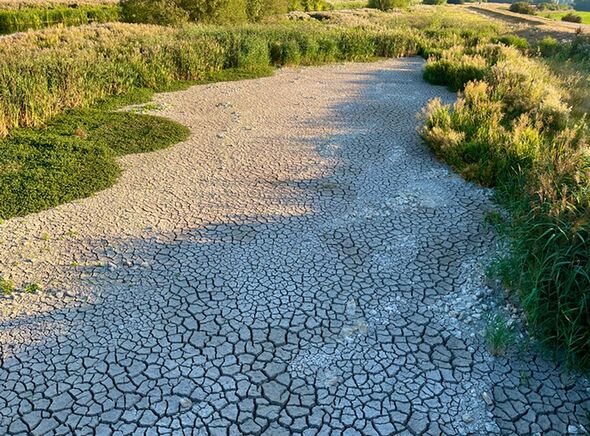Leading scientists have said that because the UK is not storing its water properly, the country is vulnerable to the “all or nothing” rain patterns being experienced more frequently due to climate breakdown.
Several reports suggest that the UK could face water shortages and hosepipe bans if this summer is hot and dry, despite having experienced the wettest 18 months since records began. There have been no new major reservoirs built in the past three decades, rivers have been engineered to move water quickly so it runs into towns and cities – causing floods – and the sea, and many wetlands have been drained and farmed or built on.
This means the water that pelts the UK in winter is not being stored properly, causing floods followed by water shortages in summer.
Recall that the Environment Agency released a report last week that predicts a growing shortfall of water in coming years, leading to a deficit of almost 5bn litres of water a day by 2050. This is more than a third of the 14bn litres of water currently put into public water supply.
The shortfall may be revised upwards; without action, draft government plans indicate that by 2050 the nation’s public water supply will face a shortfall of more than 4,800 Ml/day (million litres per day), which has risen from 4,000 Ml/d in the 2021 draft, due to revised forecasts of demand and additional reductions in abstraction to improve the environment.
Read also: NCF says it planted 2,000 trees planted across Lagos in 2023
Shortages in practice mean public supply is prioritised, and agriculture and other businesses being banned from abstraction, forcing them to cease operations for a time. Also likely to happen is a ban on filling swimming pools and ponds, and cleaning public buildings. Hosepipe bans are already in place during hot and dry periods, with people prohibited from using them to wash their cars and water their gardens.
Jamie Hannaford, who is a hydrologist at the UK Centre for Ecology & Hydrology (UKCEH), said: “It was an extremely wet winter, with England seeing the wettest October to February on record (since 1890). Rainfall was at least twice the February average across central and southern England.
“If there is below-average rainfall sustained over the coming months, especially if temperatures are also high (leading to high evaporation rates and water demand), then this could put pressure on water supplies in areas where there is limited groundwater storage, which rely on rivers and reservoirs for water supply. In these areas (notably, upland northern and western areas) reservoir stocks and river flows can be depleted rapidly during warm, dry spells in spring, even after wet winters – as occurred in the 2010 drought that followed a wet winter and flooding in north-west England.”
Story was adapted from the Guardian.
